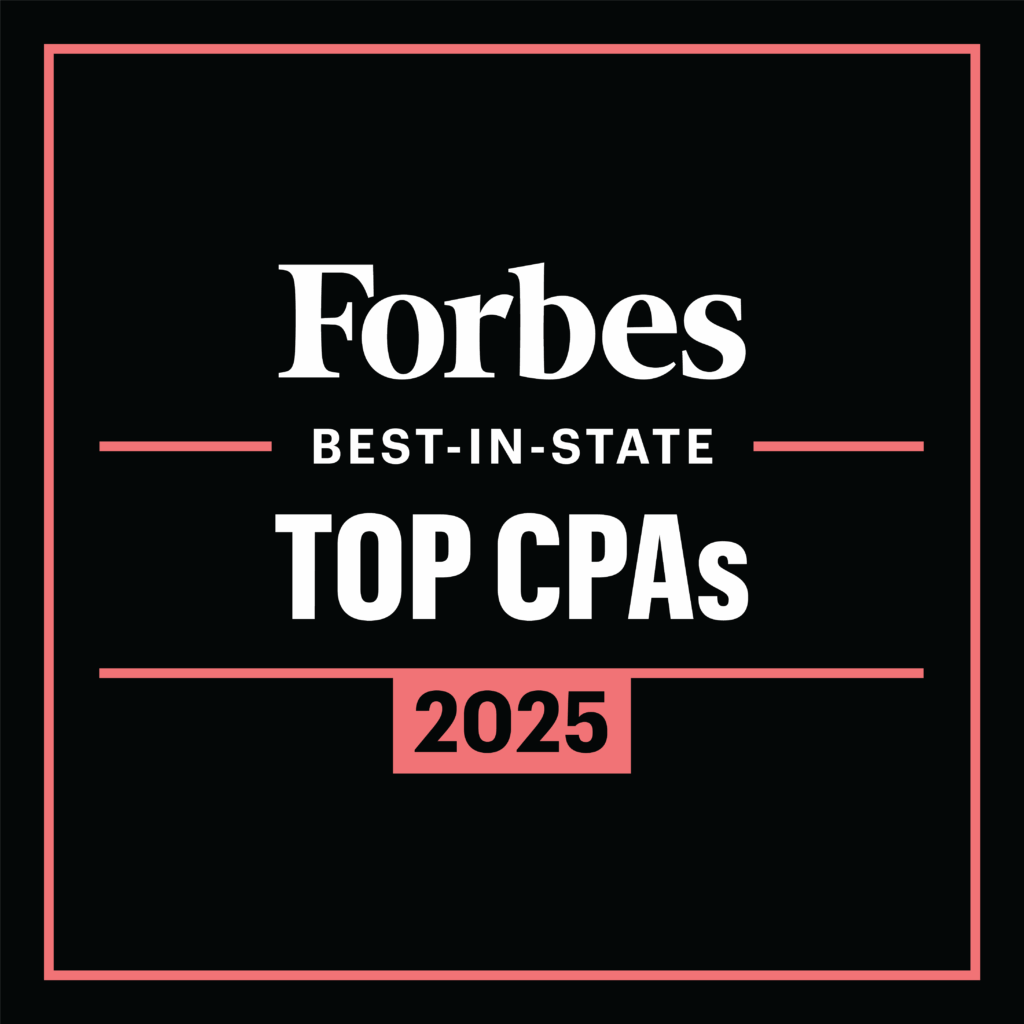October is Financial Planning Month! Christianson wants to you to make sure you have the puzzle pieces to personal finance assembled to set yourself up for a successful future.
What have you done to prepare for a sustainable financial future?
Many people neglect to consider retirement until well past the time they are eligible to participate. For some, it’s back-of-mind because it’s so far into the future. For others, it’s a matter of feeling like the money is going away, instead of preserving it for their future, so it’s simply a misunderstanding of what financial planning entails. We want to ensure you are equipped with the knowledge necessary to have a successful retirement. Two of the primary ways your employer may assist you as you work to prepare for your future are:
- 401k
- Simple IRA
401k
A 401(k) is a way for an employee to differ a percentage of their salary into a 401k account before income taxes are withheld. An employer is not obligated to contribute dollar-for-dollar to their employee’s account (for example matching the contribution to a certain percentage of the employee’s salary), but in many cases this occurs and further improves funding to your retirement account. One caveat to this arrangement is that while this money is not taxed when it is put into the account, if you take a loan against the 401k account or choose to withdraw any of the finances there, you will pay the taxes that would’ve been paid if that money had gone to cash as opposed to your 401k account.
There are different types of plans that fall under 401k and limitations to the amount you can invest in this plan, and Christianson would be happy to help answer those questions by going to our Contact Us page, or stopping by our office.
Simple IRA
Does your company offer a Simple IRA plan? If so, this is what you need to know. A Savings Incentive Match Plan for Employees (SIMPLE) IRA is similar to the 401k plan but limited to employers with under 100 employees. As an employee, you have an option to differ up to $12,500 in 2017 and an additional $3,000 if you are 50 or older as a way to “catch-up” with missed opportunities to save. Salary deferrals may provide a reduction in your current taxable income. Keep in mind, while you are investing pre-taxed funds into this savings plan, these funds are taxable upon distribution.
If you are new to investing, here are a few basic rules to keep in mind as you venture forward. As you know, there are no guarantees when it comes to investing, but following these tips–as well as heeding the sound advice of your broker or financial advisor–may help you stay out of trouble.
- Know yourself, your timelines, and your risk tolerance
- Do not invest borrowed money
- Stick with investments that you can understand and evaluate
- Avoid get rich quick schemes that promise riches without effort
- Be willing to keep what you buy
- Never accept an investment that must be sold under pressure
- Consider investments that have “utility value” (they are useful to someone else)
- Do not count on selling the investment to make payments on it
- Do not risk more than you can afford to lose
- Remember–if it sounds too good to be true, it probably is
If you have questions as it relates to your retirement planning or if you, as an employer, are looking for different ways to encourage employee retention, reach out to Christianson today!
[button_1 text=”Contact%20Christianson%20Today!” text_size=”23″ text_color=”#ffffff” text_font=”Lato;google” text_letter_spacing=”1″ subtext_panel=”N” text_shadow_panel=”N” styling_width=”40″ styling_height=”30″ styling_border_color=”#ffffff” styling_border_size=”5″ styling_border_radius=”23″ styling_border_opacity=”100″ styling_gradient_start_color=”#1b335d” styling_gradient_end_color=”#1b335d” drop_shadow_panel=”N” inset_shadow_panel=”N” align=”center” href=”https://www.christiansoncpa.com/employee/john-patock/”/]








